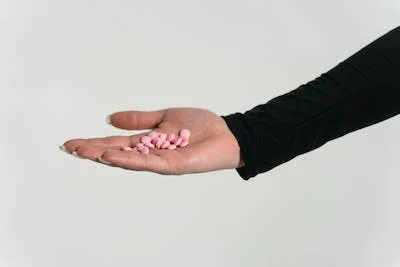Your loved one might be dealing with opiates unknown to you, and this might be the reason why they are acting in a way that you’re not used to. Similarly, you might observe some changes in their physical appearance, but you are unaware of what they are going through.
When you know how to spot the signs of opiate addiction, it becomes easier to know how to suggest treatment help so that they can get better.

Here are some of the signs of opiates addiction
Drop in performance at work or school
When someone is addicted to opiates, it can affect important aspects of their lives like school or work. For those of them working in an organization, it might be difficult for them to meet up with the demands at work.
Their productivity will drop, and it will be obvious to their colleagues. Some of them might show up late to work, or even be absent for some days.
Similarly, if a student is addicted to opiates, they might not be present at school, and they will record poor grades because they are less focused than before.
Changes in sleep patterns
An opiate addict will find it difficult to maintain a stable sleep pattern. They might struggle with insomnia or hypersomnia. When you observe that your loved one doesn’t have a regular sleep pattern, they might be dealing with opiates.
Mood changes
Another way to spot opiate addicts is through their mood. They will experience excessive mood swings ranging from hostility to elation. This means that they can be happy one minute, and the next minute, they are angry or depressed.
Changes in physical appearance
You can also observe the signs of opiate addiction in your loved ones from their physical appearance. Some of these symptoms are sores, wounds, weight loss, poor hygiene, constricted pupils, nausea, vomiting, diarrhea, poor coordination, and motor skills.
If you think that your loved one is struggling with opiate addiction, you can speak to a healthcare provider who can create an addiction treatment plan for them.




